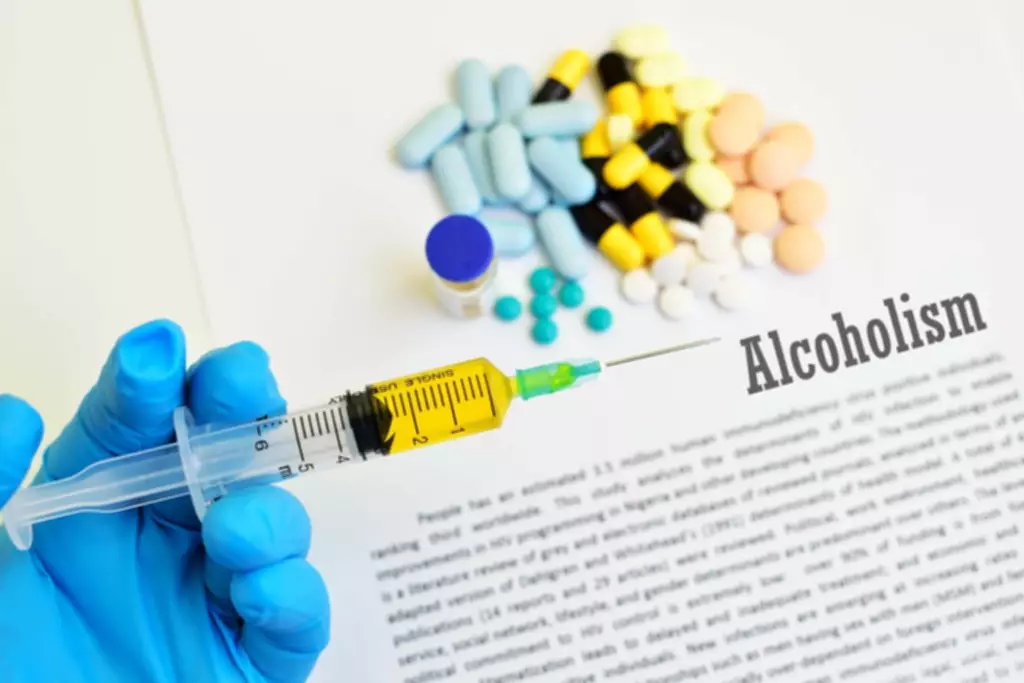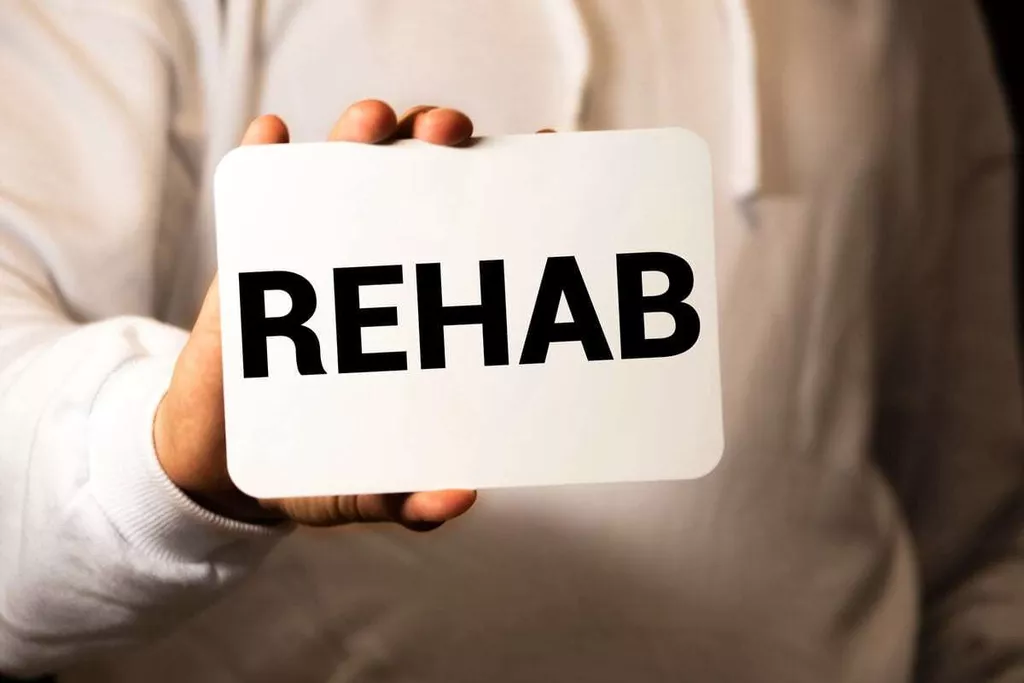
Therapists can offer understanding and a clear direction in supporting your loved one’s recovery. Altitude Recovery, nestled in the scenic environs of Camarillo in Ventura County, California, is a leading-edge, luxury rehabilitation center for drug and alcohol addiction. We welcome clients in need of comprehensive detox and residential rehab from locales such as Ventura, Oxnard, and beyond Southern California, including interstate guests. Our foundation is built on fostering a supportive community and delivering customized therapeutic interventions, aiming to ensure a sustainable recovery. While addiction treatment can be challenging for a loved one, you can make the process a lot easier by offering your support.
Just Take Things One Day At a Time

Everybody needs a second chance, and healing is the only way to restore your health and joy at North Jersey Recovery Center. When Alcohol Use Disorder feelings run high, it becomes impossible to come up with the best things to speak. Books connect our company’s digital roots with our love of traditional book publishing. “You don’t have to see the whole staircase, you just have to take the first step.”— Martin Luther King Jr.

The Three Words Your Loved One In Rehab NEEDS To Hear: “I love you”
- Surround yourself with a support system that understands and uplifts you—friends, family, and those who are cheering for your success.
- I wanted to take a moment to write to you and let you know how much I admire your courage and determination during this challenging time.
- If you or a loved one struggles with addiction to alcohol or drugs, help is available.
- Your letter should convey love and focus on the positive aspects of your relationship.
- It’s also important to acknowledge the difficult road ahead and to be understanding and supportive of any setbacks they may experience.
You can offer to be a listening ear and provide any advice or guidance you may have that could help them in their journey. You can also share any resources such as recovery programs, support groups, and other helpful information that could be beneficial to their recovery. This will help to sobriety letter example encourage them and remind them of why they are in rehab in the first place. Addiction recovery is a lifelong process that takes effort and perseverance.
- I respectfully request that you consider this path for Defendant’s Name, allowing them the opportunity to rehabilitate and rebuild.
- Conversely, with a little guidance, the letters can serve as a reminder to the person in rehabilitation – usually called “rehab” – that he’s loved and missed.
- Be honest and straightforward, and avoid sugarcoating or exaggerating the severity of their condition.
- Avoid any language that could make the person feel judged or ashamed.
- While the road to recovery may have its ups and downs, it’s important to recognize each small victory along the way.
Understanding Intervention in Addiction Treatment
It can also be helpful to let them know that you are there for them no matter what, and that you are willing to listen and provide support. Remind them that they are not alone in this journey and that you are there to help them get through it. Be sure that this section does not become an exhaustive list of every large and small grievance you have that relates to addiction. Through my journey, I’ve learned that empathy, clarity, and sincerity are the keystones of an effective letter.

Instead, focus on communicating your unconditional support and love for the person. The most important thing to communicate in your letter is that you are supportive of the person’s decision to seek help. Let them know that you care about them and are proud of them for taking this important step.
It should also highlight positive memories and the individual’s worth. This reinforces that the intervention comes from a place of love and hope for a better future. Professional guidance is often recommended to navigate the nuances of this emotionally charged communication. An intervention can be a tricky, delicate, and emotional thing, but it can also be a very useful tool to get a loved one into a drug and alcohol rehab program.
Whether it’s a book, a letter, or just someone to listen, I’m here for you. If there are any concerns about content we have published, please reach out to us at Someone living with addiction needs to know what they will be surrendering without getting help. You can be as strict or as lenient as fits your situation, but things like required program attendance and sobriety should be primary points in your restrictions. It’s okay to be complimentary; addiction doesn’t erase all good traits or turn a good person into a bad person.
- As you take each step towards recovery, know that you are not alone.
- Forgiving will be releasing those powerful, negative thoughts that have been stored in your head and your heart.
- We believe that everyone deserves an opportunity to heal fully, and this is what we offer at North Jersey Recovery Center.
- Families should also be prepared to respond with empathy and support during the intervention, regardless of how their loved one initially reacts.
- It is not helpful to express anger and resentment, so if you are still hurting from past transgressions, consider not writing until you have forgiven her.
By carefully balancing love and honesty, an intervention letter can be a powerful catalyst for change. Your letter should be filled with positive messages and uplifting thoughts. Avoid talking about negative things or expressing negative emotions. Instead, focus on the positives and remind the person that they are loved and supported.
They actively participated in group support meetings, generously sharing their own experiences and insights to create a supportive environment for others in the program. I highly recommend Full Name for any eating disorder rehabilitation program they may seek. Previous Rehabilitation Attempts – If the person has tried rehabilitation services in the past, provide some details about the experience. This could include information about what worked and what didn’t, as well as any obstacles that may have hindered progress.
It can also be helpful to provide words of encouragement for specific goals or tasks. Let them know that you are confident that they can reach their goals and that you are there to support them. I know addiction is a disease and I know that you never wanted this to happen. I’ve been searching for any way I could help you and I mean any way.